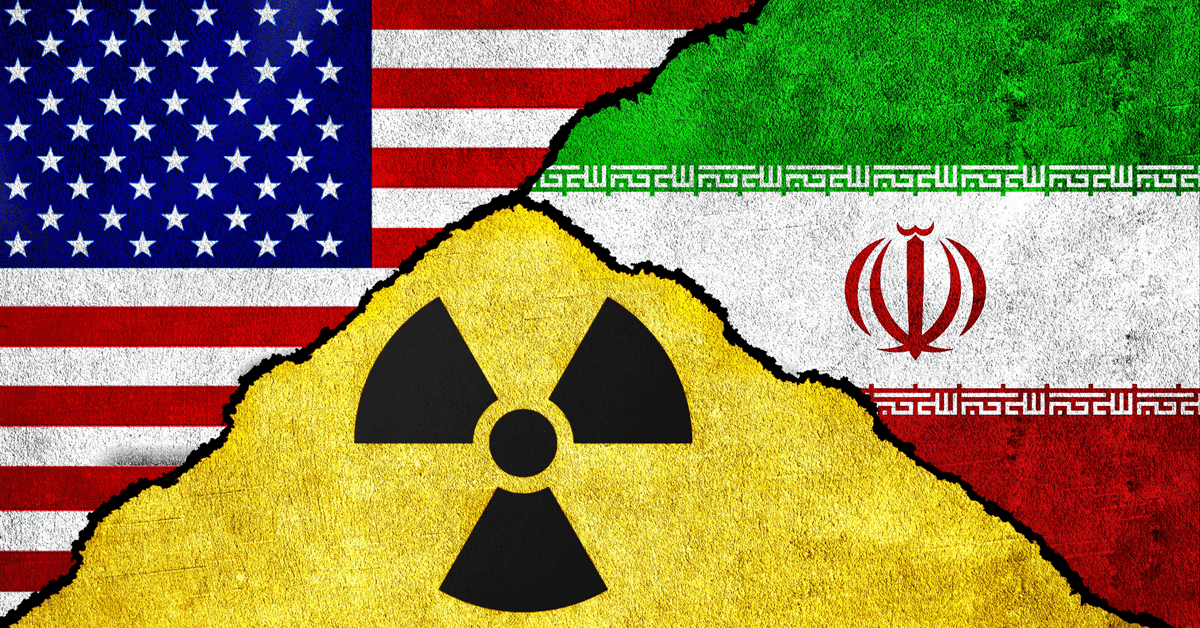Could there be a new Iran nuclear deal? If so, what would a new Iran nuclear deal mean for the oil price?
These were the questions Rigzone posed to Caleb Jasso, a senior policy advisor at the Institute for Energy Research, and Ellen R. Wald, the president of Transversal Consulting, in exclusive interviews recently.
Responding to the questions, Jasso told Rigzone that a new Iran nuclear deal is possible but highly challenging.
“Trump’s willingness to use military pressure could bring Iran to the table, but several hurdles remain,” Jasso warned.
“Iran is weakened by conflict with Israel and its support for Assad in Syria, limiting its regional power. U.S. demands – such as unrestricted inspections and a total end to nuclear weapons ambitions – pose major risks for Iran’s regime, especially amid domestic unrest,” he added.
“To reach a deal, Iran would need to allow full access to nuclear sites, limit uranium enrichment, and likely give up its ballistic missiles,” he continued.
“In return, the U.S. would have to lift major sanctions, allow oil exports, and offer security assurances to Iran’s leadership. Trump’s aggressive posture may pressure both sides into concessions – but it’s a high-stakes gamble,” he said.
Jasso went on to emphasize that, if a new deal is reached, it would likely include lifting U.S. sanctions on Iranian oil, increasing the global supply.
“While OPEC+ production caps would limit a major output surge, prices could still dip,” Jasso warned.
“China, currently Iran’s main buyer, might face a supply shift if Iran re-enters broader markets – possibly pushing China toward greater reliance on Russian oil,” he added.
In her response to Rigzone’s questions, Wald said a new Iran nuclear deal is not out of the question during the Trump administration’s tenure but added that it will take time to build and develop the trust that both sides need to feel confident that a deal will be adhered to even after the major players are no longer in office.
“The oil market will interpret positive signs of a deal as bearish for oil prices, though it is unlikely that Iran would be in a position to put more barrels of oil on the market anytime in the near future,” Wald told Rigzone.
Rigzone has contacted the White House and Iran’s ministry of foreign affairs for comment on Jasso and Wald’s statements. Rigzone has also contacted OPEC, the State Council of the People’s Republic of China, and the Department of Information and Press of the Russian Ministry of Foreign Affairs for comment on Jasso’s statement. At the time of writing, none of the above have responded to Rigzone.
The IER describes itself on its website as a not for profit organization that conducts intensive research and analysis on the functions, operations, and government regulation of global energy markets. The IER site highlights that Jasso graduated from Pepperdine University with a B.A in history and a M.P.P with specializations in international relations and national security and state and local policy.
Transversal Consulting’s website states that the company utilizes a network of scholars and experienced professionals to bring vital expertise on the particulars that drive regional and global situations in the energy market today. Wald is described on the site as a historian, policy expert, and business consultant. The site notes that Wald began Transversal Consulting after years of providing independent analysis to industry leaders.
To contact the author, email andreas.exarheas@rigzone.com
